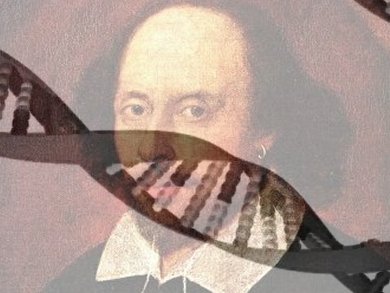Digital information requires continuous maintenance and storage. DNA is an attractive tool to achieve these tasks thanks to its long life-span and its ability to encode high-density information. However, the current DNA-based storage technologies can encode only a small amount of information.
Nick Goldman, European Bioinformatics Institute, UK, and colleagues developed a method to encode large computer files, such as a Shakespeare’s sonnet file, into synthetic DNA. In the new storage scheme, each digital byte was converted into a DNA sequence. Next, the sequence was synthesized in the form of short overlapping DNA fragments. At their extremity, these fragments included the necessary decoding information such as the file from which the sequence was originally coded, and the location of the byte within the file. The overlapping nature of the fragments minimized errors as any coding mistake present in one fragment could be cross-checked with the overlapping ones. As a consequence, the researchers could store 5.2 million bits as synthetic DNA and decode them with 100 % accuracy.
- Towards practical, high-capacity, low-maintenance information storage in synthesized DNA,
N. Goldman, P. Bertone, S. Chen, C. Dessimoz, E. M. LeProust, B. Sipos, E. Birney,
Nature 2013.
DOI: 10.1038/nature11875




